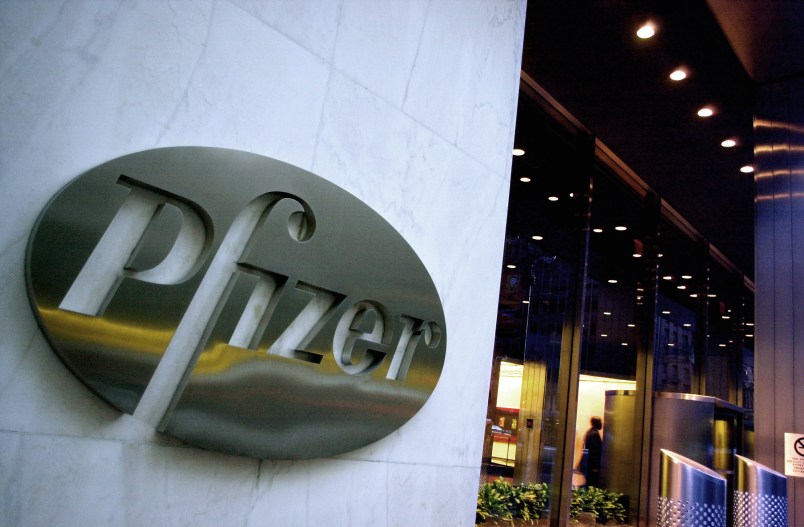The Trump administration is negotiating a deal to potentially free up supplies to help produce millions of additional doses of Pfizer’s COVID-19 vaccine for Americans in the first half of next year, The New York Times reported late Tuesday.
The agreement, if successful, could provide some relief amid an impending shortage after a report earlier this month revealed that the administration had turned down an offer in July for dibs on 100 million of doses of Pfizer’s coronavirus vaccine. Pfizer became the first to secure approval from the Food and Drug Administration for its COVID-19 shot last week.
Months after refusing to reserve more doses of Pfizer’s vaccine, the Trump administration has secured only enough vaccine doses to cover 150 million people by the end of June, including doses of a second vaccine from Moderna awaiting emergency authorization from the FDA this week. The figure would cover less than half of the U.S. population.
Scrambling to secure more of Pfizer’s coveted vaccine, the Trump administration recently asked the company for enough doses to cover an additional 50 million Americans. But that request came all too late when the pharmaceutical giant said it had already lined up customers around the world for all the doses it can produce until roughly halfway through next year.
Health and Human Services Secretary Alex Azar II told “PBS News Hour” on Monday that the government resumed negotiations with Pfizer about delivering more doses in early October but that Pfizer “resisted giving us any date by which they would do it.”
Pfizer urged the Trump administration to order the company’s suppliers to prioritize its purchase requests so that it can manufacture more doses on a quicker timeline. Negotiations are now underway for Pfizer to provide tens of millions more doses from April to the end of June, the Times reported.
A source familiar with the manufacturing issue told the Times that Pfizer had requested preferential status with suppliers months ago. But before it was clear which vaccine trials would succeed, Trump administration officials had concerns about potentially hindering other vaccine makers that had accepted billions of dollars in federal subsidies, the Times said.
According to the publication, federal officials had worked to prioritize orders for manufacturing supplies from those firms, among them, Moderna which agreed last summer to provide the United States with 100 million doses of its vaccine by the end of March. Moderna has now said it will sell the administration another 100 million doses by the end of June.



